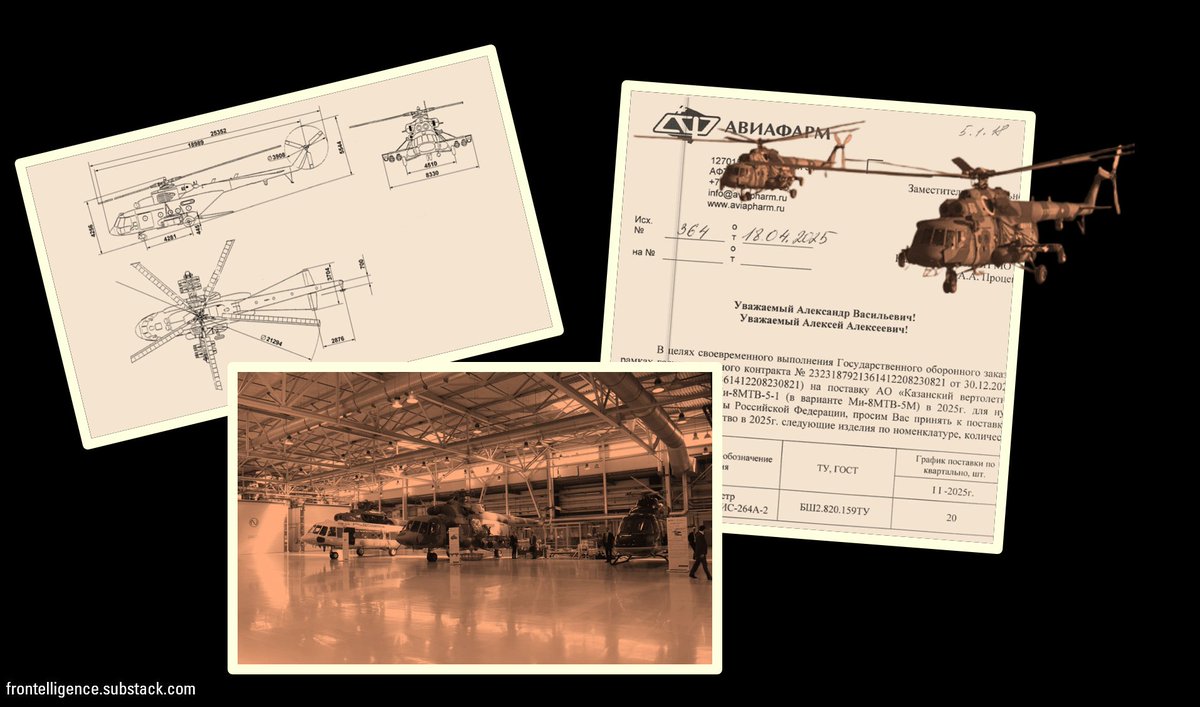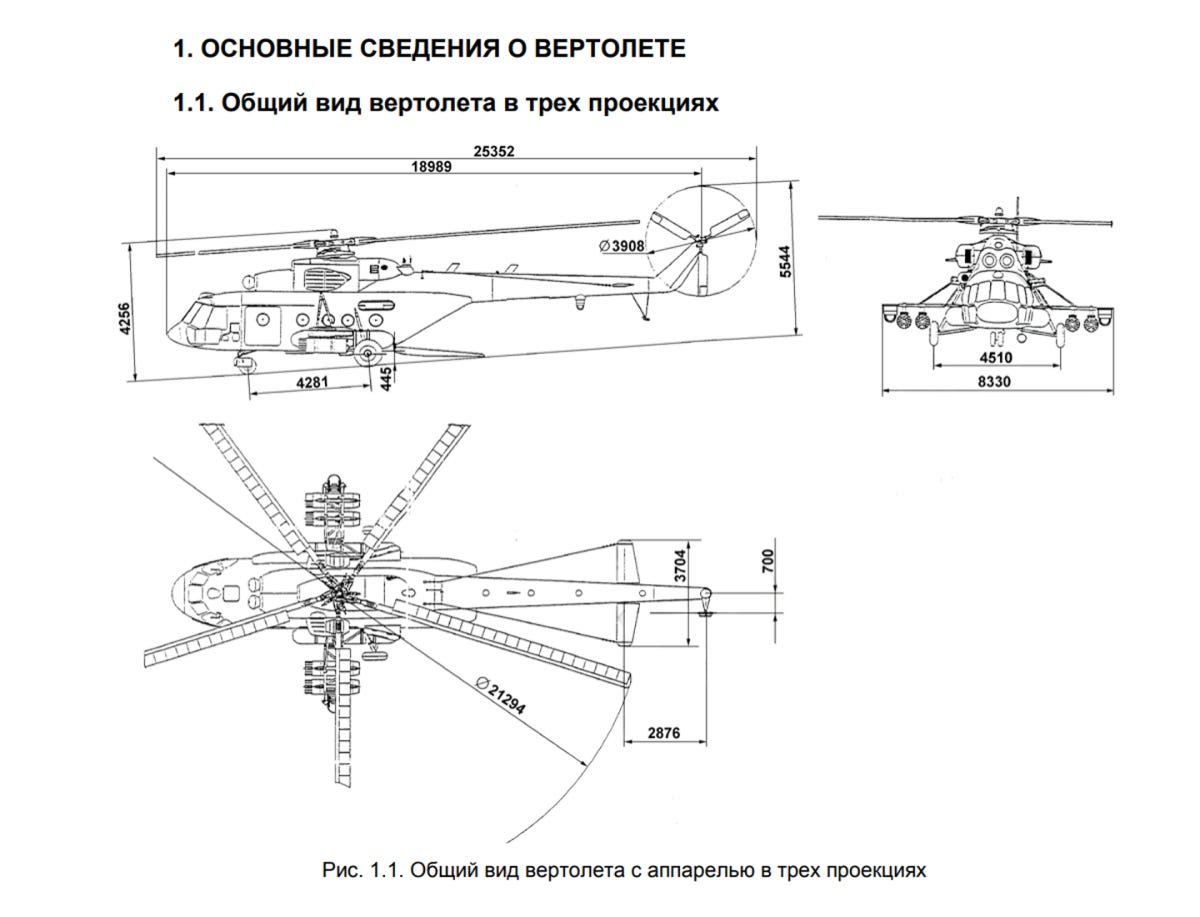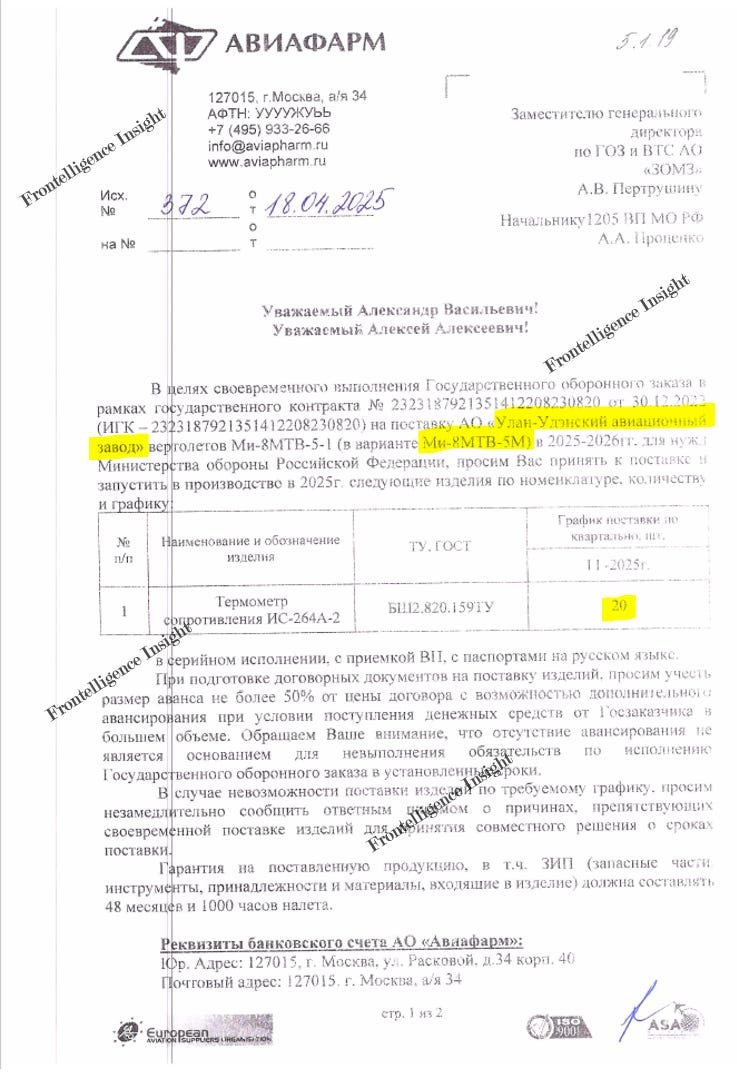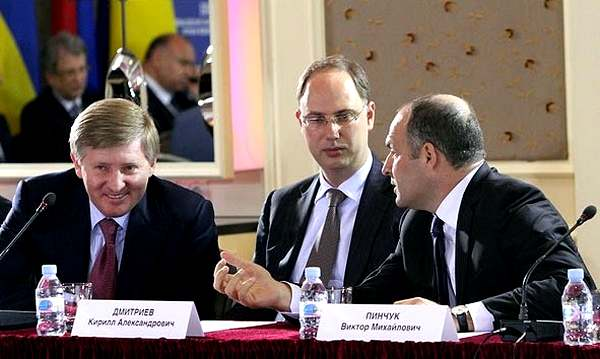Leading up to and during the counter-offensive, many independent observers underestimated the preparedness of russian defenses. Seemingly unremarkable tree lines concealed well-prepared russian positions, fortified and complemented by extensive minefields. 🧵Thread: 

2/ In Section One, which displays satellite imagery of the tree line near Robotyne on July 13th, it is evident that while there are some noticeable changes near the tree line, such as earthworks, the majority of positions remain concealed and not clearly visible.
3/ In Section Two, the August imagery exposes the presence of russian positions after tree destruction. many observers primarily focused on visible defensive lines, often missing concealed positions. This led to a misconception of vast, empty spaces between the fortifications. 

4/ In the final, third section depicting the situation on September 11th, we can finally discern a system of trenches and concealed individual positions along the tree line. 

5/ Let's take another look and run a brief comparative analysis. In this case, independent observers may focus on the visible trench, ignoring concealed positions. However, the absence of foliage reveals the defensive positions clearly 

6/ Overall, these positions are typically detectable by drones, particularly when occupied by enemy forces. Yet, there have been cases where they eluded detection, were only partially revealed, or mistakenly presumed unmanned, catching approaching Ukrainian forces off guard.
7/ As events progressed, it became clear that these seemingly empty areas were fortified and ready for defense. The remaining spaces were heavily mined and closely watched by drones, which allowed artillery and loitering munition to attack approaching troops 

8/ This can also partly explain the lack of a swift advance after Ukrainian forces breached the visible defensive line, with AT trench and dragon's teeth.
Ukrainian troops must still face enemy positions in many tree lines, along with FPVs, artillery, mines, and helicopters.
Ukrainian troops must still face enemy positions in many tree lines, along with FPVs, artillery, mines, and helicopters.
9/ Continuing offensive progress hinges on artillery ammo availability for advancing troops, as it's vital to suppress numerous enemy defenses and force their withdrawal. Additionally, the readiness of reserves to advance and take positions remains crucial.
10/ The comprehensive analysis can be found on my project's website, "Frontelligence Insight," listed in my bio. It offers a more detailed and expanded version of this thread. 

11/ I kindly request you to like, follow, and share the first message in the thread.
These materials are accessible thanks to the support received through Buy Me A Coffee. This support enables me to acquire and share imagery with analysis, including this thread.
These materials are accessible thanks to the support received through Buy Me A Coffee. This support enables me to acquire and share imagery with analysis, including this thread.
• • •
Missing some Tweet in this thread? You can try to
force a refresh













